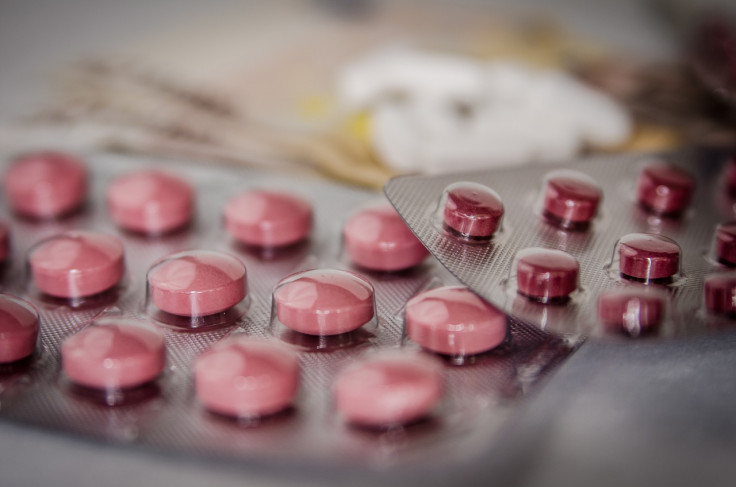
An experimental drug that alters the gut microbiome could help relieve multiple symptoms of long COVID, a randomized controlled trial has revealed.
Post-acute COVID-19 syndrome (PACS), or long COVID, is a multisystem disorder that affects over 65 million people worldwide. As of now, there is no recognized and effective treatment for the condition that impacts the quality of life of those affected.
Several studies have shown the potential of probiotics in recovery from acute viral infections. Researchers from the Chinese University of Hong Kong studied the therapeutic effects of gut modulation with a synbiotic drug, SIM01, in a group of 463 long-COVID patients. Synbiotic drug features a blend of probiotics and prebiotics. In this case, anaerobic Bifidobacterium bacteria function as probiotics and soluble fibers as prebiotics.
The results of the trial indicate that the drug could help alleviate symptoms such as fatigue, gastrointestinal upset, difficulty in concentration, memory loss and general unwellness. The study was published in the Lancet Infectious Diseases.
The participants included long COVID patients at a single hospital between June 2021 and August 2022. They were randomly assigned to receive SIM01 or a vitamin C placebo twice daily for six months.
At the beginning of the trial, the participants were assessed for symptoms, quality of life and physical activity level. After six months, the symptoms of the participants were reassessed, and changes in their gut microbiome and blood cytokines were measured using blood and fecal samples.
"At 6 months, significantly higher proportions of the SIM01 group had alleviation of fatigue, memory loss, difficulty in concentration, gastrointestinal upset, and general unwellness compared with the placebo group," the researchers wrote.
However, there was no significant difference in the quality-of-life score and physical activity after six months.
"Treatment with SIM01 alleviates multiple symptoms of PACS. Our findings have implications for the management of PACS through gut microbiome modulation. Further studies are warranted to explore the beneficial effects of SIM01 in other chronic or post-infection conditions," they added.
The study has certain limitations. There is no universally accepted long COVID symptom assessment tool and hence, the analysis was based on subjective symptom reports that could affect the findings.
"Although alleviation of some symptoms of PACS was observed, this alleviation did not correspond with measurable improvements in quality of life or physical activity after six months, suggesting that the real benefits of the treatment on general health perception and functional capacity might be low," said Betty Raman and Maheshi Ramasamy, from the University of Oxford, in a related post.







